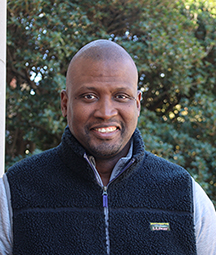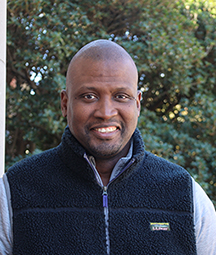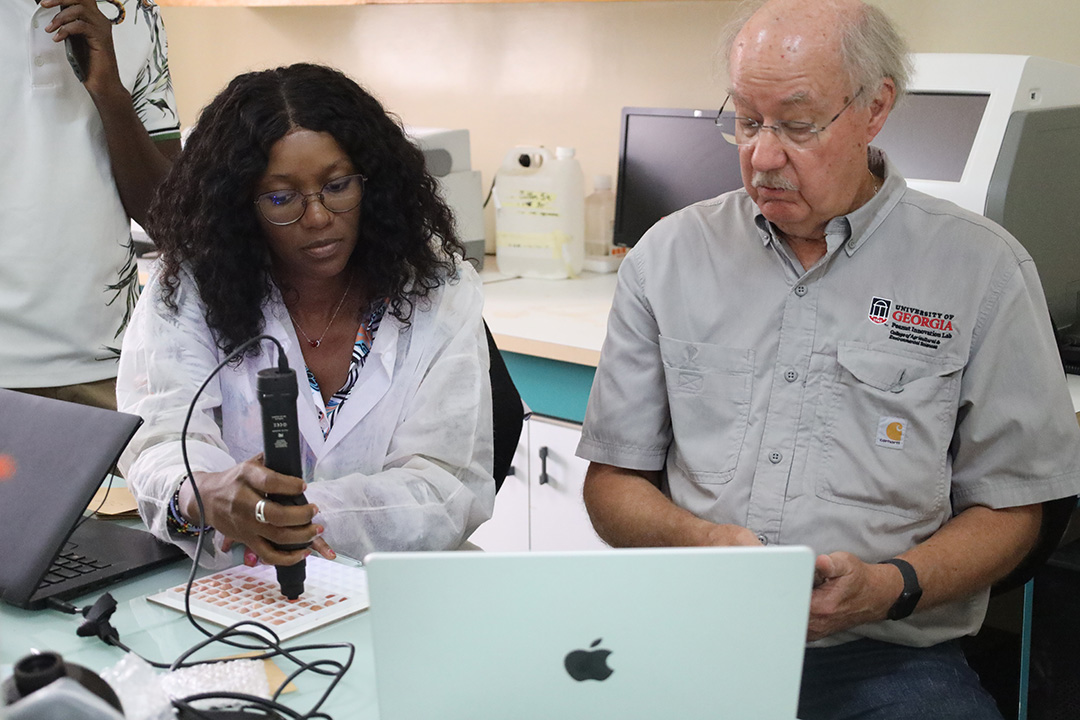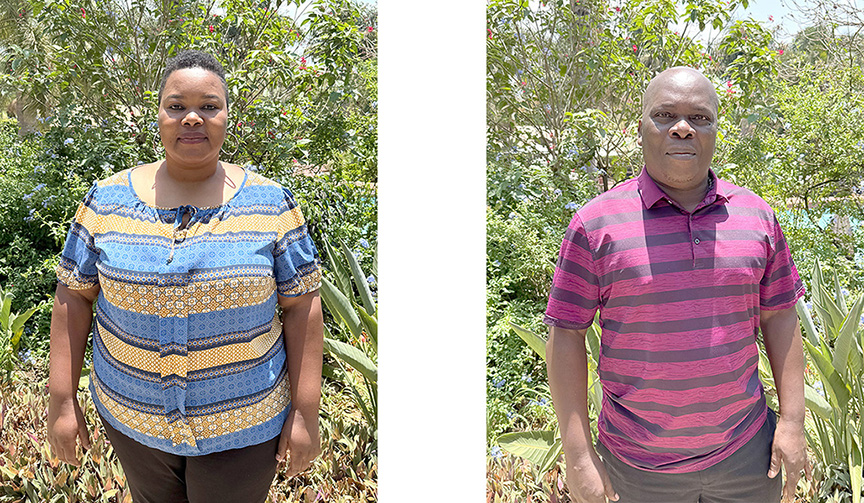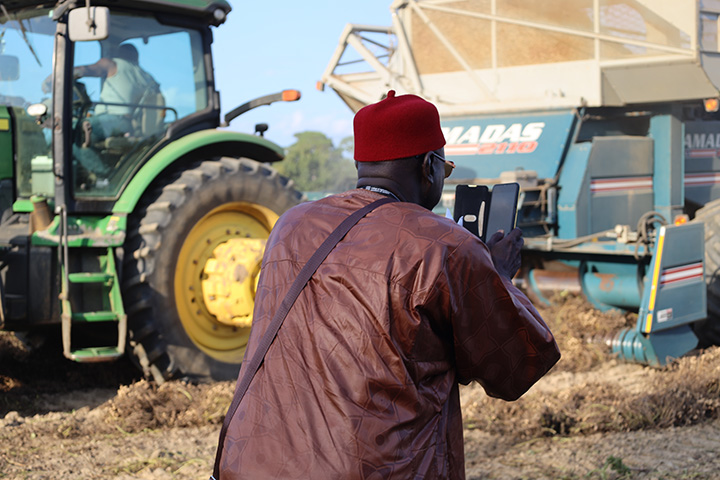Facing a great opportunity to improve food security, but a new geography and set of partners, the Peanut Innovation Lab Management Team has added a new member. As a project manager, Mamadou Thiam will focus on work in Madagascar, while also supporting other projects funded through the lab.
“The USAID mission in Madagascar recognized the accomplishments that Peanut Innovation Lab partners are making on the continent, but finding the right development partners and building networks on the island will be key to success in Madagascar,” said Innovation Lab Director Dave Hoisington. “Mamadou’s experience in understanding value chains and managing projects to scale up innovation and training – not to mention his experience with other innovation labs – makes him an asset to the management entity.”
Originally from the West Africa country of Guinea, Thiam moved to the U.S. after high school and discovered a passion for agriculture while studying business administration at the University of New Hampshire.
“I was living on the small organically oriented farm when I was first exposed to agriculture,” Thiam said. “I earned a bachelor’s degree in business administration while learning how to produce vegetables, chickens, sheep, and horses to support the local co-op market.”
After college, he worked for the financial and human resources industry for about 10 years, but shifted to international development as he completed Farmer-To-Farmer volunteer assignments throughout Africa.
Farmer to Farmer provides technical assistance to farmers, farm groups, agribusinesses and other ag-sector institutions in developing countries often by bringing U.S. experts to partners countries to share their expertise.
Working with the program, Thiam saw how his interest in agriculture and background in business management, record-keeping and value-chain assessments fit together in a way that could make an impact. He took a job with the Farmer-To-Farmer program in Guinea, forming a team, creating tools and training field staff on effective volunteer management. Later, he worked for a similar project as a youth empowerment program manager, recruiting, training, and engaging youth in extension to reduce unemployment and professionalize the Guinean agriculture sector.
“International agriculture is the bridge to help developing countries access needed technologies to increase their production, reduce poverty and alleviate hunger and malnutrition,” he said. “Technology is the tool to level the playing field for international trade that will ultimately help eradicate poverty and conflict. International development is a key to providing access to technology to achieve this goal and that’s why I will dedicate my life to this work.”
Previously, Thiam led a project in Guinea for the Feed the Future Innovation Lab for Horticulture, a program similar to the Peanut Innovation Lab. There, he helped to establish and manage the Horticulture Training and Services Center, which worked in collaboration with the national agriculture program to introduce low-cost technologies to support production and postharvest management of fruits and vegetables. This youth-led training center served as a place for young agriculture interns to access new technologies and learn from their international peers and trainers.
He also worked with another Feed the Future Innovation Lab, a lab at Kansas State University that focused on reducing post-harvest loss, to introduce and scale technologies to preserve maize, boost production and support the poultry industry in Ghana and improve rice storage in Bangladesh.
Madagascar offers unique challenges and opportunities for the Peanut Innovation Lab which has built strong networks to improve production across the continent of Africa.
“Madagascar is an island, which is isolating in itself. Due to other geo-political reasons, the island has been distant from many development programs that have been successful on the mainland of the African continent,” Thiam said.
“Through this project, I would like to see some technology transfer, introduction of new peanut seed varieties, some equipment and building the human capital to help the people sustainably pursuit their development goals and be able to grow nutritious peanut to feed their children and provide an economic opportunity for young entrepreneurs.”

